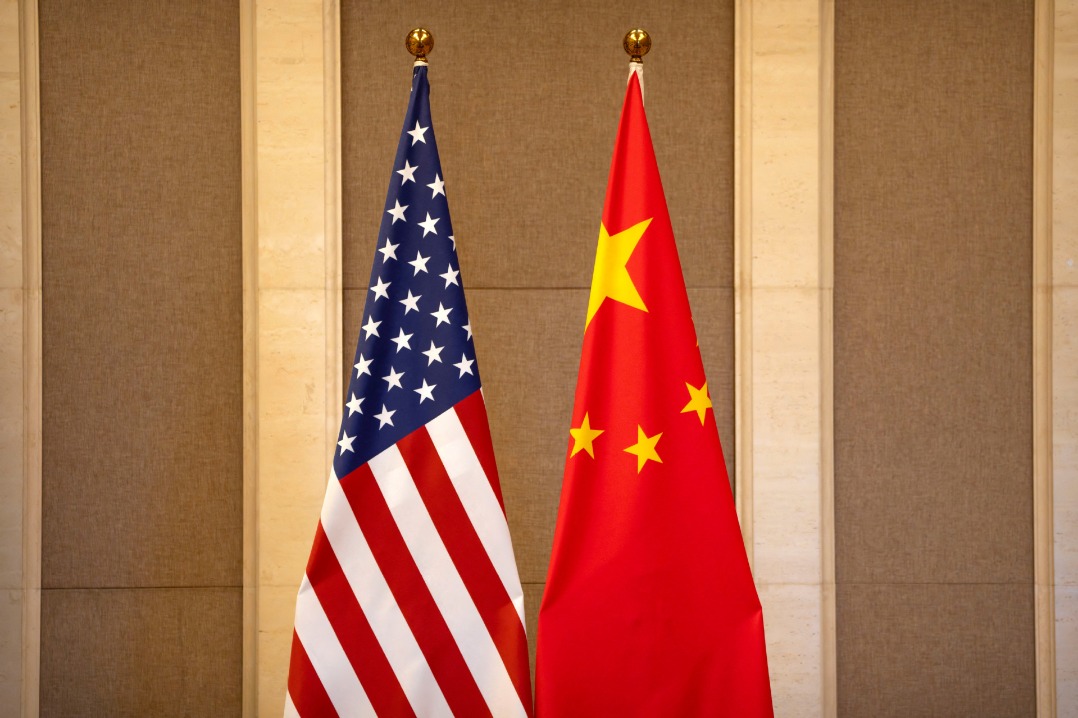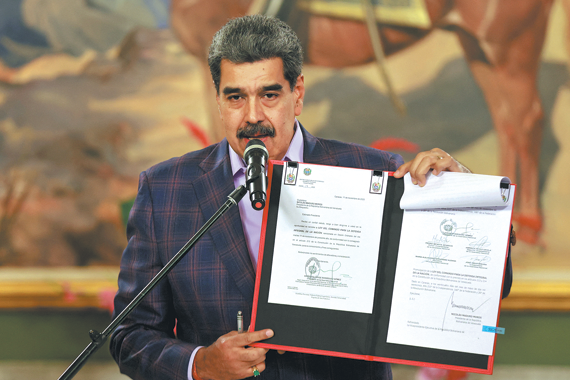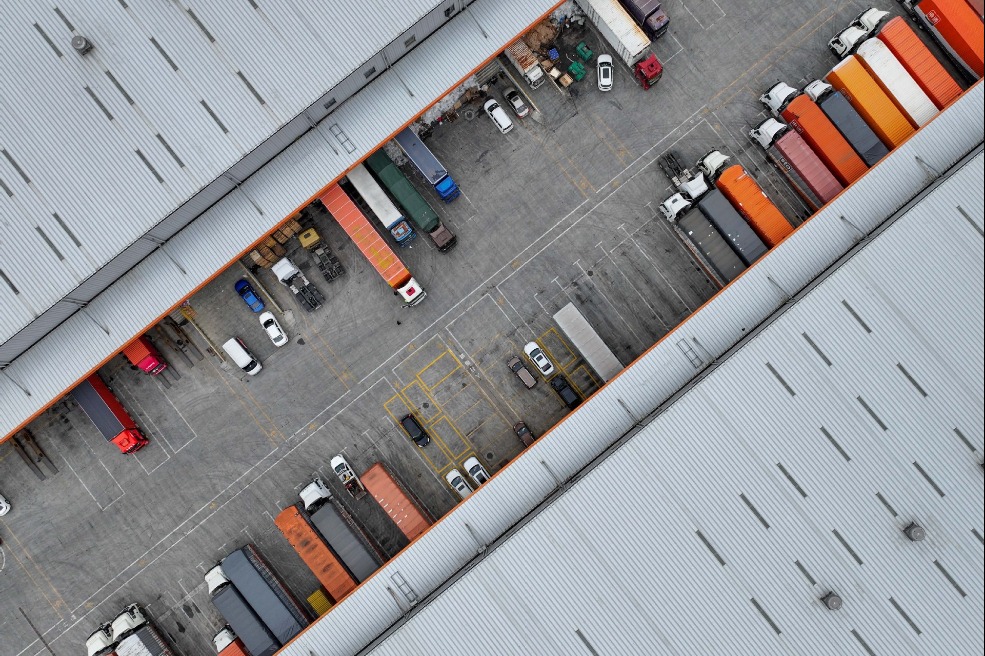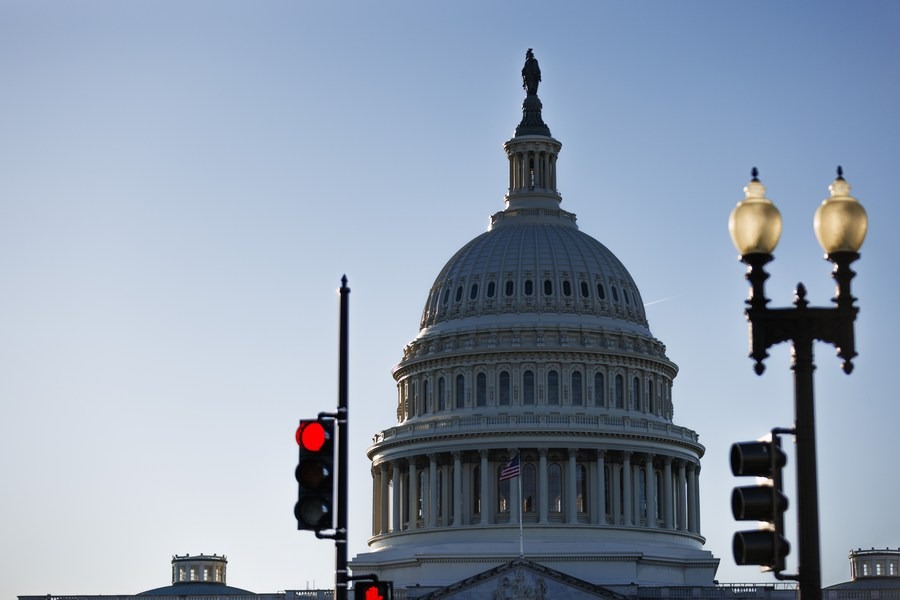US faces the great divide on reopening

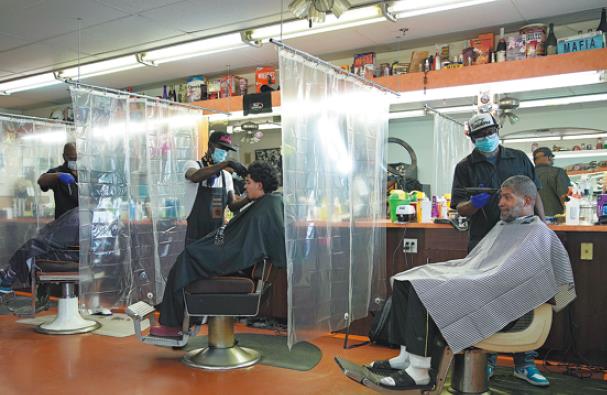
Economy versus lives
In New York state, Democratic Governor Andrew Cuomo has said the national debate over when to reopen outbreak-ravaged economies ultimately boils down to the value placed on people's lives.
His state has been the hardest-hit area of the country by the coronavirus, with more than 340,600 cases, nearly 25 percent of all those in the US, and more than 26,600 deaths.
"How much is a human life worth?" Cuomo asked on May 5 at his daily news briefing. "That's the real discussion that no one is admitting openly or freely. But we should."
Cuomo has stood firm with an approach that will allow parts of his state to phase in economic activities if they meet and maintain a series of benchmarks.
"We're now on the other side of the mountain," he said on Monday, referring to the number of coronavirus cases declining."Next step: How do we reopen? How do we reopen intelligently and how do we reopen without taking a step back."
Avoiding that "step back" is the focus of concern among states that have reopened and those moving toward doing so. They are looking to testing to safeguard their moves, and even the development of a vaccine to fight any surge in infections.
But Fauci warned that a vaccine will not be ready in time for the new school year and said the country still lacks an adequate contact-tracing infrastructure to monitor the spread of COVID-19.
The day before Fauci testified, Trump declared, "We have met the moment, and we have prevailed (on testing)". He said the US is conducting about 300,000 coronavirus tests a day.
But many experts say the level of testing continues to fall short of what is needed to reopen the country safely. Harvard University's Global Health Institute has estimated that the US needs to be conducting about 900,000 daily tests.
Jeffrey Shaman, an epidemiologist at Columbia University, said: "We don't have the resources in place to do the level of testing and contact tracing we need to make sure we're monitoring this effectively. We're flying blind."
On Monday, Trump said his administration would distribute $11 billion to states to facilitate testing, adding that the US should pass 10 million completed tests this week, "nearly double the number of any other country".
As of Sunday, the US had completed nearly 9 million coronavirus tests, according to the Covid Tracking Project. The figure is equivalent to just 2.74 percent of the country's population, and there are far higher levels of per-capita testing in other parts of the world.
While more US citizens now say the country has seen the worst of the outbreak, some 80 percent of respondents last month said that strict shelter-in-place measures are worthwhile in order to protect people and limit the spread of the virus, according to a poll by the Kaiser Family Foundation.
Fewer than 19 percent of respondents said these strict measures are placing unnecessary burdens on people and the economy, causing more harm than good.
- US claims to be fighting virus, unfortunately not the right one: China Daily editorial
- US unemployment claims are close to 3 million
- Xinhua strongly protests US decision to restrict visas for Chinese journalists to 90 days
- Latest on the novel coronavirus outbreak
- Cuba rebukes US for adding it to counter-terrorism blacklist
















